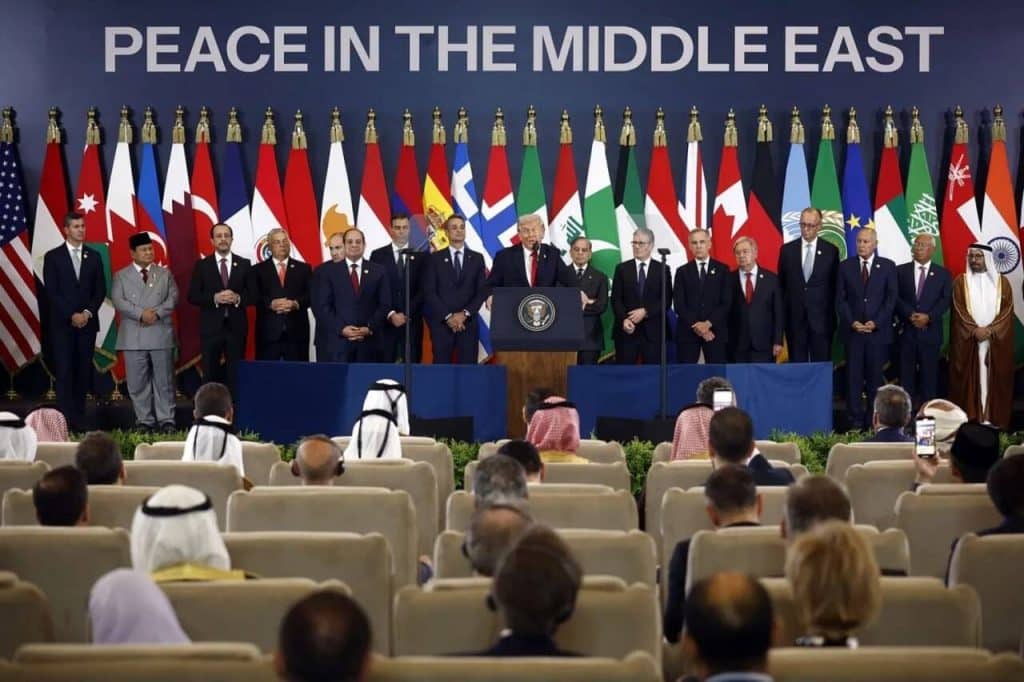Sharm el-Sheikh Agreement: Is the ceasefire holding?
Israel and Hamas began implementing the first phase of a ceasefire in Gaza on Monday through a prisoner swap. This step has revived hopes of ending the devastating Gaza war that began two years ago.
But more complex issues remain unresolved, including the fate of Hamas’s weapons, the identity of the party that will govern Gaza, and the future of a Palestinian state.
The Israeli regime’s demand for Hamas’s disarmament is the most prominent issue that remains unresolved, as Hamas says it will not do so until Israeli forces withdraw from Palestinian territory.
The question of Gaza’s governance also remains unclear; the US plan calls for an international delegation to be formed to govern the Gaza Strip through a technocratic Palestinian government, and for an international security force to be deployed alongside the Palestinian police, with Israeli forces gradually withdrawing.
The plan envisages a Palestinian state (PA) that will play a role in the future after extensive reforms. Meanwhile, the possibility of forming a Palestinian state in the future is being raised, but Israeli Prime Minister Benjamin Netanyahu strongly opposes this.
According to the report, despite the positive atmosphere that has emerged since the implementation of the agreement, experts believe that the road to permanent peace is still long and that success in the first phase does not necessarily mean the end of the war; a war that has redrawn the balance of power in the Middle East.
The operation to release live Israeli prisoners took place yesterday morning (Monday), amid security measures and direct supervision by the Red Cross and international mediators, and Hamas released all live Israeli prisoners in accordance with the agreement.
The International Committee of the Red Cross also announced on Monday evening: During the exchange of prisoners and detainees, 20 live Israeli prisoners were released in exchange for 1968 Palestinian prisoners.
The Red Cross confirmed that the Israeli regime released 1968 Palestinian prisoners, including 250 prisoners sentenced to life imprisonment and 1718 prisoners it had detained after October 7.
The Red Cross also added: We also handed over the bodies of four dead Israeli hostages to the Israeli authorities.
The mediators of the Gaza ceasefire negotiations have emphasized in this regard that finding the bodies of Israeli prisoners from under the rubble of Gaza is not possible soon and will require more time.
Earlier, Gal Hirsch, the coordinator of the Israeli regime’s affairs for prisoners of war and missing persons, pointed out that the process of finding and receiving the dead prisoners will require more time, and said that the necessary preparations for receiving their bodies have been completed and, with an appropriate procedure, they will be transferred to the Israeli medical institute for identification.
Hirsch added: At the same time, an international task force will begin its work to find and release them.

